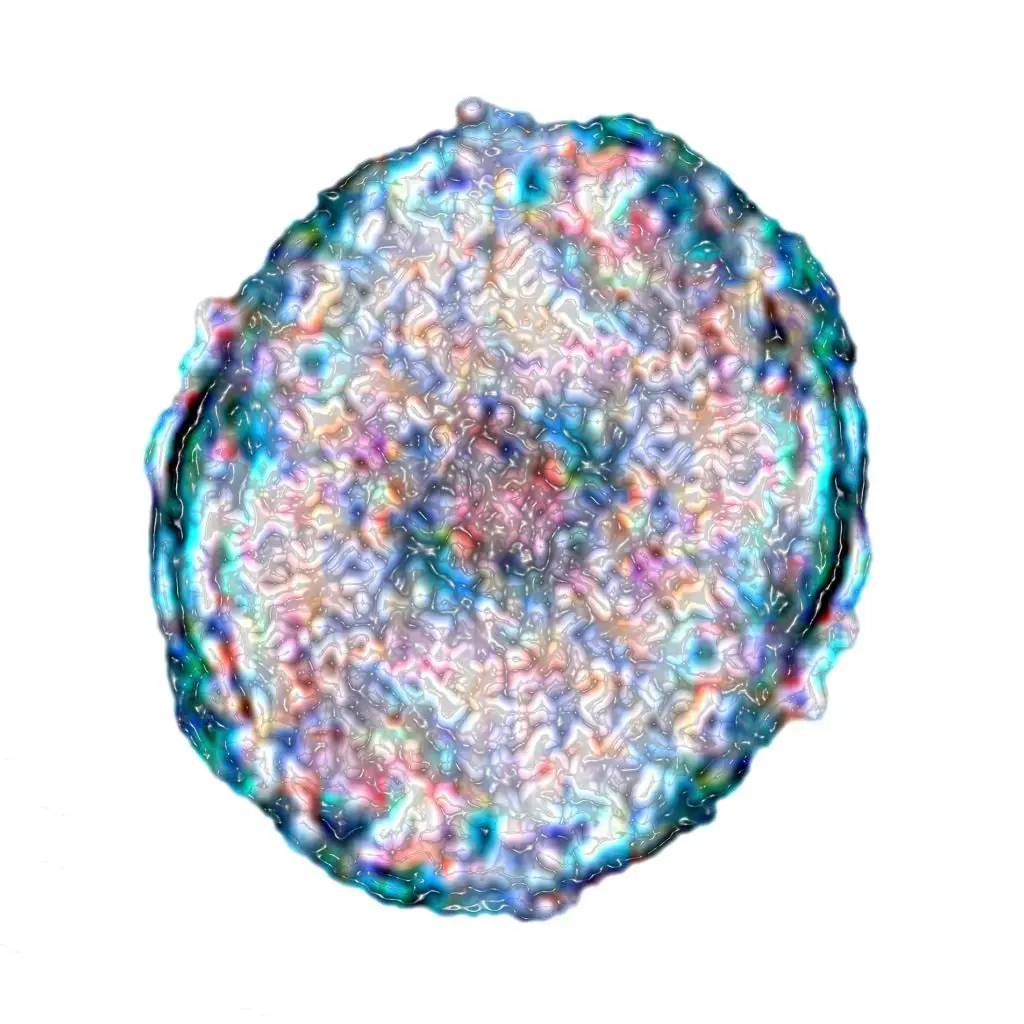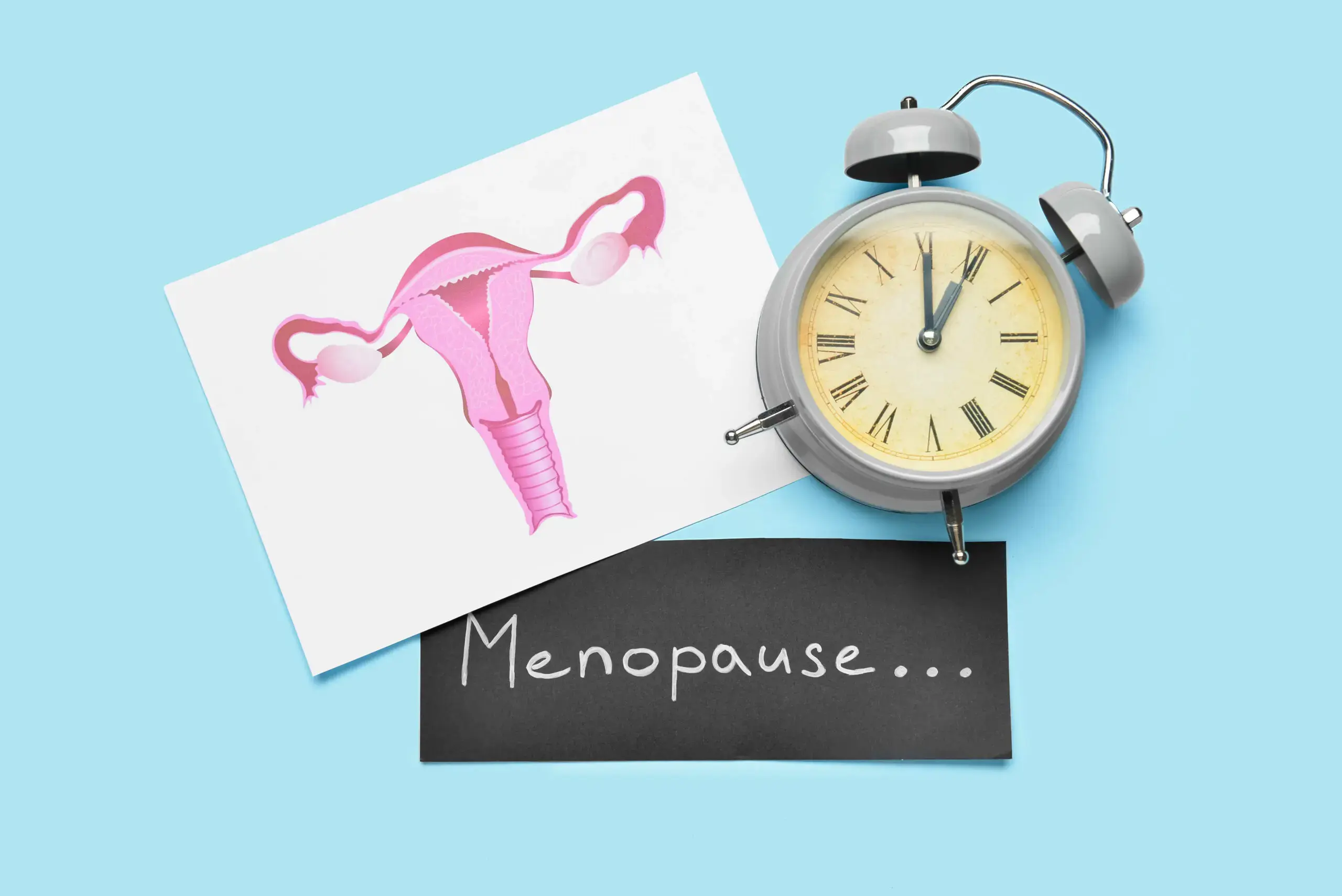Other Treatment Methods
- Adrenal hyperplasia
- Gestational diabetes
- Growth disorders in children
- Hashimoto's thyroiditis
- Hormone deficiency
- Hormone-producing tumors
- Hyperthyroidism
- Hypofunction of the adrenal cortex
- Hypothyroidism
- MODY (Maturity Onset Diabetes of the Young)
- Obesity
- Osteoporosis
- Overactivity of the adrenal cortex
- Sex hormones
- Type 1 diabetes
- Type 2 diabetes

© Freepik
Hypothyroidism
In the case of hypothyroidism, the thyroid gland produces too little thyroid hormone, slowing down the overall metabolism. The most common cause in Central Europe is Hashimoto's thyroiditis, a chronic autoimmune disease in which the immune system attacks and gradually destroys the thyroid gland. Other causes can include surgical removal of the thyroid gland, radioactive iodine therapy, congenital malformations, or severe iodine deficiency. The symptoms usually develop gradually and are often unspecific: Fatigue, lack of drive, sensitivity to cold, weight gain despite unchanged diet, dry skin, constipation, depressive moods, concentration problems, menstrual disorders, as well as brittle hair or nails are typical.
Diagnosis and treatment of hypothyroidism
The diagnosis is made through a blood test: An elevated TSH level (thyroid-stimulating hormone) in combination with low thyroid hormones indicates manifest hypothyroidism. Additionally, autoantibodies in the blood can be measured to confirm Hashimoto's thyroiditis. Treatment usually involves the lifelong intake of a synthetic thyroid hormone that is individually dosed to compensate for the hormone deficiency.








